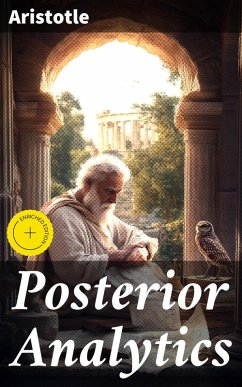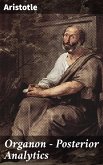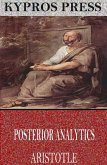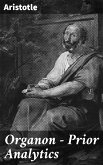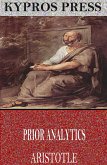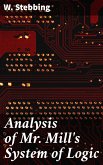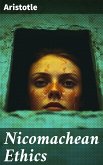In "Posterior Analytics," Aristotle intricately explores the nature of scientific knowledge and the principles of demonstrative reasoning. The work is a cornerstone of his epistemological inquiries, illustrating his belief in empirical observation as the foundation of knowledge acquisition. Written in a dialectical style characteristic of Aristotelian logic, the text examines the relationship between thought and reality, presenting a rigorous framework through which one can attain certain knowledge. Aristotle distinguishes between different types of knowledge, emphasizing the importance of definitions and syllogistic reasoning as means to uncover universal truths amidst the particulars of sensory experience. Aristotle, one of history's most influential philosophers, made significant contributions across multiple domains, including ethics, politics, metaphysics, and natural sciences. His empirical approach and systematic methodology in the study of the world were revolutionary in the 4th century BCE and profoundly shaped subsequent intellectual thought. "Posterior Analytics" reflects his commitment to understanding the principles underlying knowledge itself, likely influenced by his desire to bridge the gap between perception and intellect while and responding to the challenges posed by his predecessors. This text is essential reading for anyone interested in the foundations of scientific inquiry and the philosophy of knowledge. Aristotle'Äôs clear articulation of the processes of understanding will not only benefit students of philosophy but also enrich the grasp of scholars and practitioners seeking to ground their disciplines in sound reasoning and evidence. "Posterior Analytics" remains a vital resource for comprehending the evolution of scientific method and philosophical thought.
Dieser Download kann aus rechtlichen Gründen nur mit Rechnungsadresse in A, B, BG, CY, CZ, D, DK, EW, E, FIN, F, GR, H, IRL, I, LT, L, LR, M, NL, PL, P, R, S, SLO, SK ausgeliefert werden.

